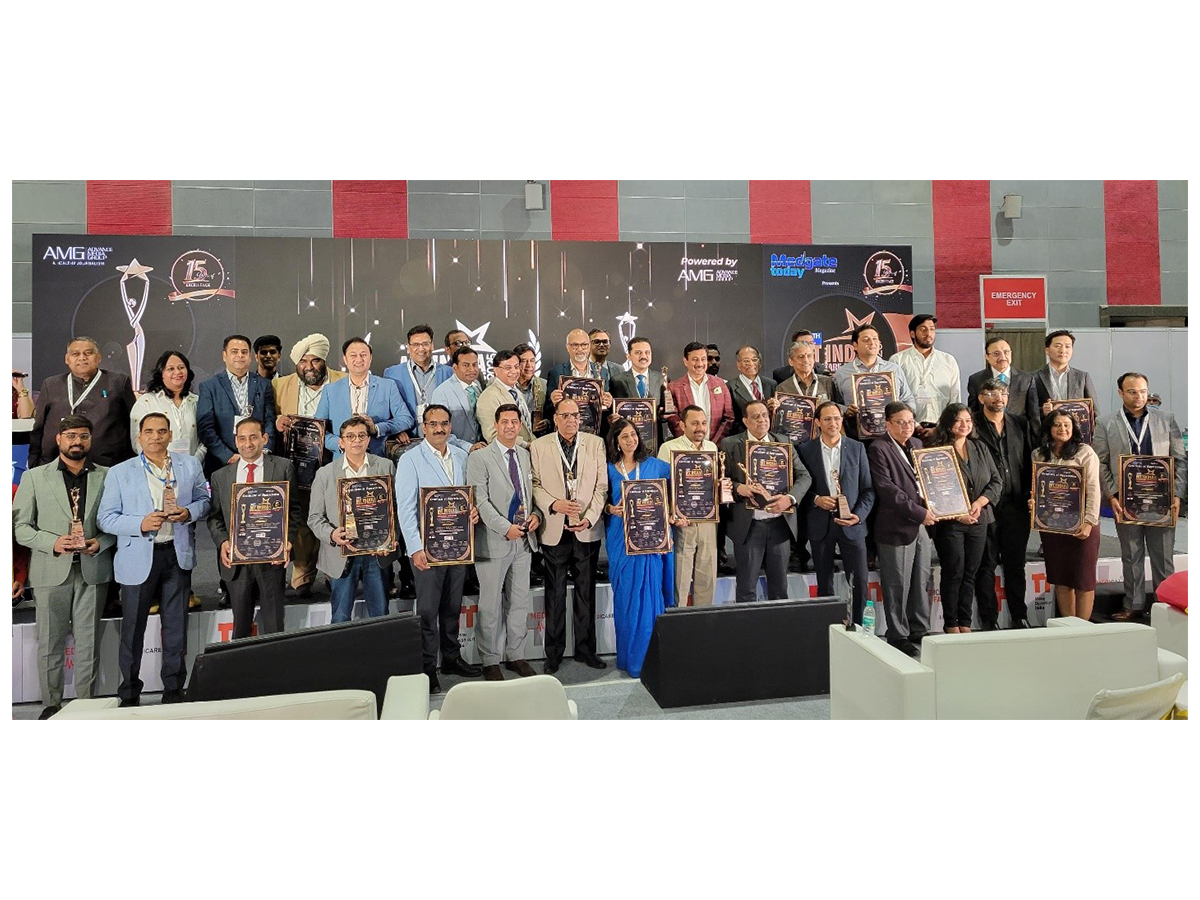Unsustainable fashion, textiles in focus for International Day of Zero Waste 2025
Mar 29, 2025

Nairobi [Kenya], March 29: Ahead of the International Day of Zero Waste 2025, events in Nairobi, New York and across the world have shone a spotlight on waste in the fashion and textiles industry, highlighting the environmental and social challenges of overproduction and overconsumption caused by the sector's linear business model.
The International Day of Zero Waste - officially observed on 30 March each year - was the focus of a high-level event on 27 March at the UN General Assembly Hall in New York, as well as an event at the UN Environment Programme (UNEP) and the UN Human Settlements Programme (UN-Habitat) headquarters in Nairobi, Kenya, on the same day.
Every year, 92 million tonnes of textile waste is produced globally. Production doubled from 2000 to 2015, while the duration of garment use decreased by 36%. Eleven per cent of plastic waste comes from clothing and textiles, with only 8 per cent of textiles fibres in 2023 made from recycled sources.
"Unsustainable fashion is aggravating the triple planetary crisis of climate change, nature, land and biodiversity loss, and pollution and waste," said Inger Andersen, Executive Director of UNEP. "We need to focus on a circular economy approach that values sustainable production, reuse and repair. By working together, consumers, industry and governments can support genuinely durable fashion and help reduce our fashion footprint."
On this third observance of the International Day of Zero Waste, UN-Habitat put out a call for submission of zero waste good practices in fashion and textiles to be reviewed and recognized by the UN Secretary-General's Advisory Board on Zero Waste. The event in Nairobi showcased three practices from Thailand, India and Norway selected by the Board from 220 submissions.
"The rising tide of waste is straining urban infrastructure, public health, and the environment-especially for 1.1 billion people in informal settlements and slums with limited waste collection and sanitation services," said Anaclaudia Rossbach, Executive Director of UN-Habitat. "We are committed to building a future where waste is no longer a problem but a resource."
Between 1 March and 5 April, dozens of events are taking place to raise awareness and discuss solutions at the global, national and city level. These include diverse initiatives such as upcycling workshops, clean-up days, tree planting initiatives and toy exchanges, engaging children, youth groups, scientists, refugees, and other stakeholders in countries including Brazil, Canada, Greece, Italy, Malawi, Saudi Arabia, Thailand, Uganda, and the USA.
The International Day of Zero Waste was adopted by the UN General Assembly on 14 December 2022 to promote sustainable production and consumption patterns and encourage a shift towards a lifecycle approach, so no materials or resources go to waste. The day is facilitated by UNEP and UN-Habitat.
Source: Emirates News Agency









